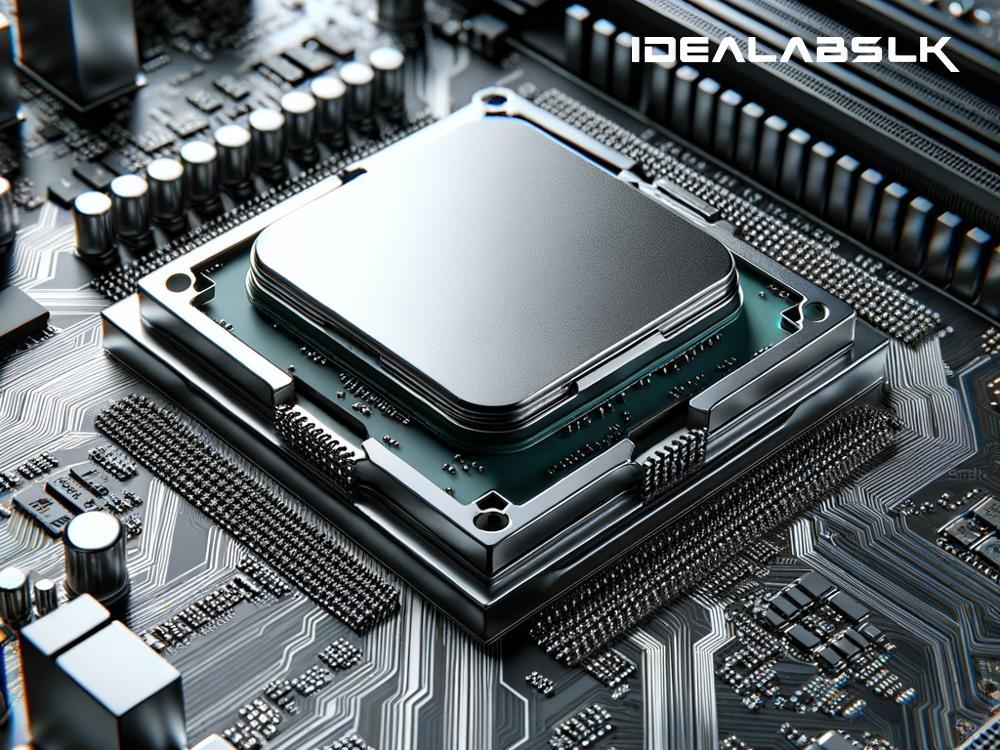The Impact of Heat Sinks on Processor Longevity: All You Need to Know
Ever wondered what keeps your computer or smartphone running smoothly day in, day out, without getting fried? Well, one of the unsung heroes in this story is something called a heat sink. It might not be something you think about a lot, but heat sinks play a crucial role in ensuring that your devices run efficiently and last a long time. Let’s dive into the world of heat sinks and explore how they impact processor longevity.
What’s a Heat Sink?
Imagine running non-stop for hours. You'd get really hot, right? Well, your computer's processor (the brain of your device) also gets hot when it works hard. A heat sink is like a cool breeze on a hot day for your processor. It's a piece of metal, usually aluminum or copper, designed to absorb and disperse the heat away from the processor. This keeps the processor at a safe temperature, ensuring that your device runs smoothly.
Why Do Processors Need to Stay Cool?
When processors get too hot, bad things happen. The heat can damage the processor itself and other nearby components, causing your device to slow down, freeze, or even shut down unexpectedly. In severe cases, it could shorten the lifespan of your device significantly. That’s why keeping things cool is not just nice – it’s necessary.
Heat Sinks to the Rescue
This is where heat sinks come into play. They are effectively the first line of defense against overheating. By efficiently pulling heat away from the processor and dissipating it into the air, heat sinks help in maintaining optimal performance levels. No wonder they’re found in nearly every electronic device, from the smallest smartphones to the largest servers.
The Impact on Processor Longevity
But what does this all mean for your processor's longevity? A lot, actually. Think of your processor like a car engine and the heat sink as the cooling system. Just as an overheated car engine can break down sooner, a processor that frequently runs too hot can also fail prematurely. Conversely, keeping your processor’s temperature down can help ensure it runs well for a longer time.
-
Prevents Damage: By keeping the processor cool, heat sinks prevent thermal damage and wear that could otherwise lead to processor failure.
-
Maintains Performance: Processors can throttle their performance to reduce heat output, meaning they deliberately run slower. A good heat sink minimizes the need for this, ensuring your device runs at full speed more often.
-
Avoids Unexpected Shutdowns: Devices can shut down unexpectedly when they overheat, which is harmful to all the components involved. Heat sinks help avoid such scenarios, sparing your device from potential harm.
Choosing the Right Heat Sink
Not all heat sinks are created equal. Their efficiency at dissipating heat depends on their size, material, and design. For high-performance computing, like gaming or video editing, you might need a larger or specially designed heat sink to handle the extra heat. Meanwhile, for everyday devices, a standard heat sink does the job well.
It’s also worth noting that some heat sinks come with fans (these are called active heat sinks) to help push the hot air away faster, while others rely on natural airflow (these are passive heat sinks). Your choice will depend on your device’s heat generation and cooling needs.
The Bottom Line
The role of heat sinks in extending the life of your processor and, by extension, your device cannot be understated. They are a simple yet effective solution to a complex problem – heat management. So, the next time your computer or smartphone doesn’t overheat after hours of use, you might want to thank the humble heat sink for playing its part in keeping things cool.
In essence, a good heat sink is not just about preventing your device from getting too hot; it’s about ensuring that it lives a long and healthy life. Whether you’re a tech enthusiast or just someone who appreciates their gadgets lasting a long time, understanding the importance of heat sinks and their impact on processor longevity is valuable knowledge to have.

